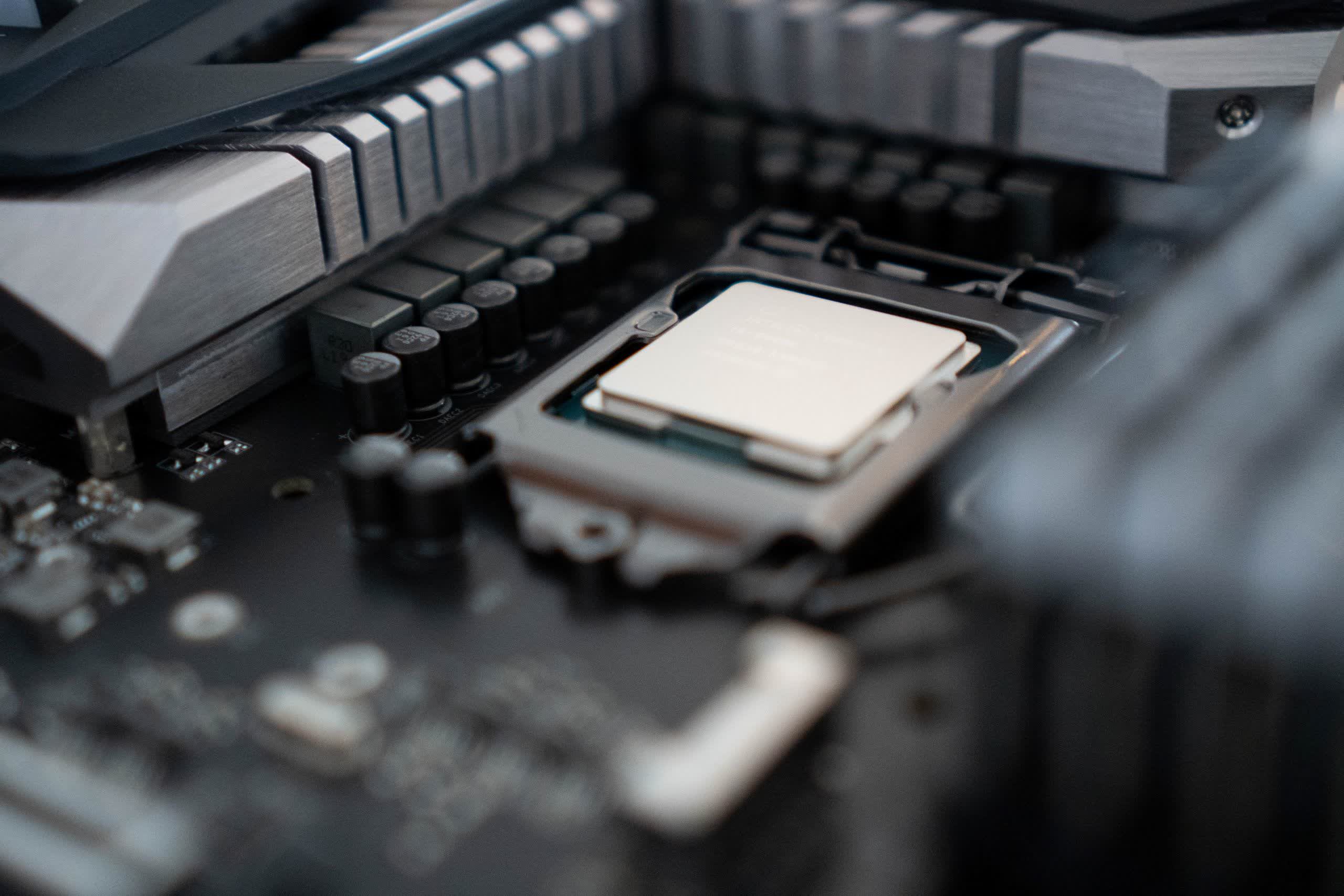Recap: Intel published a developer’s guide to their Alder Lake processors on Friday, which we reported on at the time. But since then, a brief passage that tells developers to find out if the DRMs they use are compatible with Alder Lake’s hybrid architecture has caused a bit of a stir.

It’s not unheard of for DRMs to cause trouble for new hardware releases. However, Alder Lake is so different from Intel’s current processors that some developers believe that based on Intel’s documentation, games that come equipped with DRMs are likely to be outright incompatible until they’re updated.
Although it sounds frightening, it's not that bad. Intel has said that they're already collaborating with DRM developers to create and distribute the updates that Alder Lake requires, implying that the majority of DRM-equipped games will support the platform at launch. Additionally, many games have their DRMs removed after they're cracked or are launched without a DRM, to begin with, bypassing any issues entirely.

All your GOG games should be safe since they are DRM-free.
From Intel’s FAQ section: "Are there any potential compatibility issues with Data Relationship Management (DRM) middleware?"
If your existing or upcoming game uses a DRM middleware, you might want to contact the middleware provider and confirm that it supports hybrid architectures in general, and the upcoming Intel ADL platform in particular.
Due to the nature of modern DRM algorithms, it might use CPU detection, and should be aware of the upcoming hybrid platforms. Intel is working with leading DRM providers such as Denuvo to make sure their solutions support new platforms.
Unfortunately, poorly maintained DRM-equipped games could be incompatible with Alder Lake. Small games that are a few years old are probably the highest risk. Players might need to convince developers to update their games or remove the DRM if Intel doesn’t.
Intel has made a good start by publishing their developer’s guide, but whether they’ll support developers through the entire update process maintains to be seen. If Intel takes responsibility for encouraging developers to optimize their games for Alder Lake, then this might be a non-issue.
Image credit: Luan Gjokaj
https://www.techspot.com/news/91788-games-might-need-update-compatible-intel-alder-lake.html